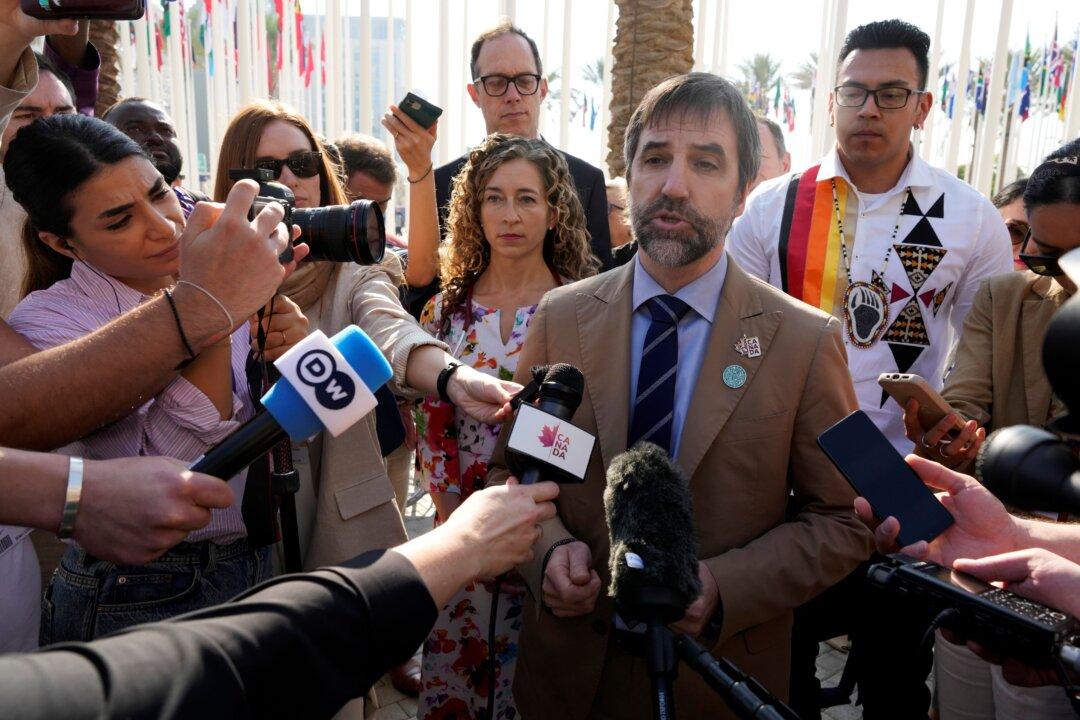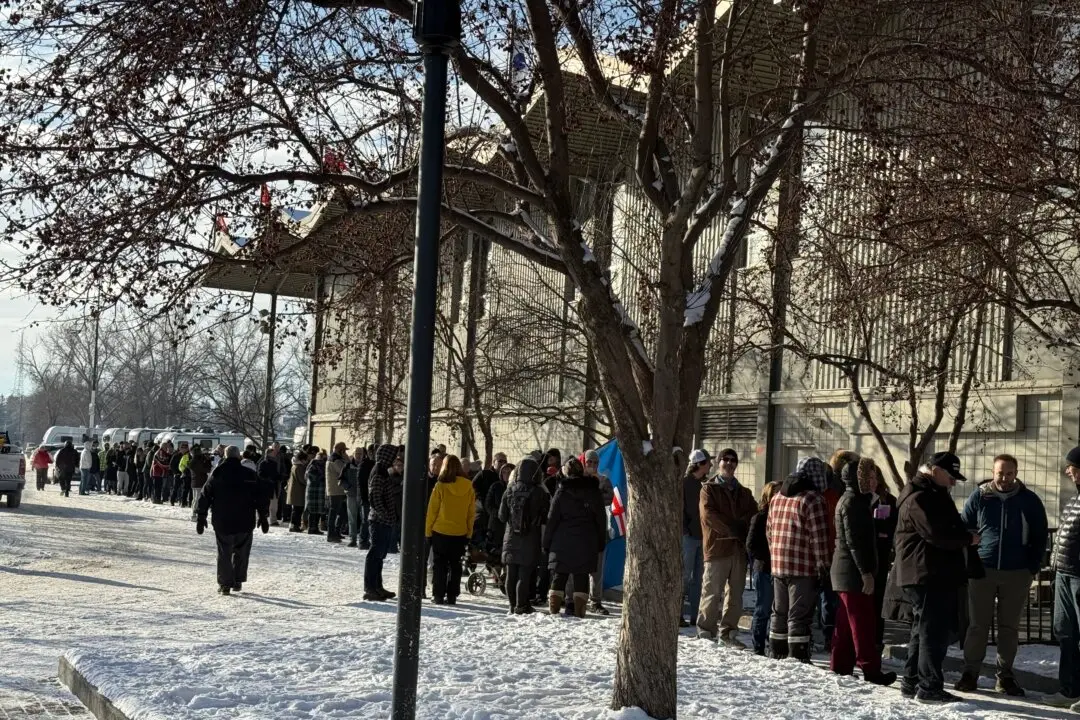Commentary:
The long-anticipated announcement of emission caps for Canada’s oil and gas industry has come to pass. Federal Environment and Climate Change Minister Steven Guilbeault is trumpeting the policy as a world-saver, while Premiers Danielle Smith and Scott Moe are calling it an economy destroyer. The stances of the politicians are predictable. What’s odd is that this political drama isn’t unfolding in Canada. It’s all being played out at the COP28 conference in Dubai.





